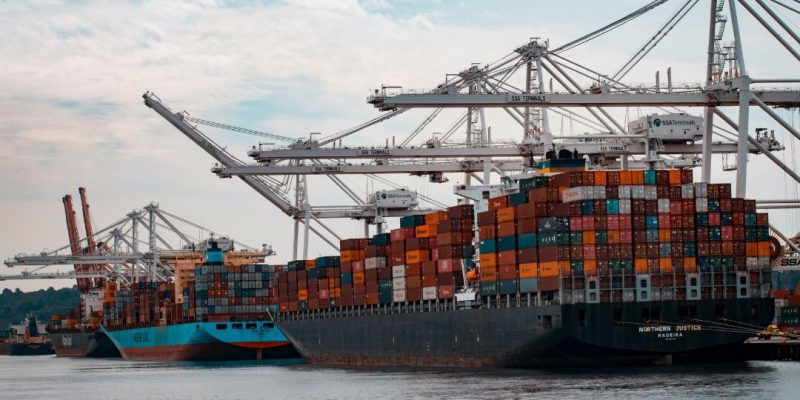
Amidst global shifts in technology and trade, China has increasingly utilized its significant control over the mining and refining of critical minerals as a point of leverage.
By strategically adding metals vital for clean energy technologies, advanced semiconductor manufacturing, and defence applications to its export control list, Beijing has demonstrated its ability to influence global supply chains, disrupt markets, and cause price fluctuations.
This control is primarily exercised through a detailed export licensing system, which dictates precisely who can receive specific materials and in what quantities.
The export control list: a tool of national interest
At the heart of the system lies China’s export control list. Since 2023, Beijing has placed restrictions on the export of at least 16 different minerals and related products.
This list saw notable additions earlier this month, including seven rare earth elements, a move widely interpreted as retaliation against significant US tariffs.
China’s export control law provides the legal framework, justifying the inclusion of items on the list as necessary measures to safeguard national interests, protect national security, and fulfill non-proliferation commitments.
It’s worth noting that export control regimes are not unique to China; the United States and other nations operate similar programs to manage the outflow of sensitive goods and technologies.
Obtaining an export license from China for these controlled minerals is a complex and document-intensive process. Prospective exporters must submit six distinct sets of documents.
A particularly challenging requirement involves providing detailed profiles of the intended end-users of the materials.
This stipulation has reportedly caused friction, leading some international importers to seek alternative suppliers because they deem such end-user information commercially sensitive and confidential.
Once an application is submitted, the approval process can be intricate, potentially involving a minimum of five different officials across as many as three separate government agencies.
In certain cases, approval may even require consultation with the State Council, China’s cabinet, or military authorities.
The administrative burden extends partially to the buyers as well.
Importers and end-users are required to sign declarations affirming, among other things, that they will not transfer the imported materials to any third party without obtaining prior permission from Chinese authorities.
Illustrating this control, reports surfaced earlier this month alleging that Chinese authorities warned South Korean firms against selling equipment containing Chinese rare earths to US defence contractors.
For the report, Reuters reached out to China’s Ministry of Commerce, requesting for comments on the system but there was no response.
The waiting game: official timelines vs on-the-ground reality
Officially, China’s Ministry of Commerce states that the processing time for an export license application is forty-five working days.
However, the ministry retains the right to extend this period if consultations with the State Council or military become necessary, though the specific triggers for such consultations are not publicly defined.
Despite the official timeline, industry sources consistently report a significantly longer wait in practice. Feedback gathered by Reuters suggests that securing a license typically takes two to three months, and often longer.
The current geopolitical climate further complicates matters.
One rare earth trader commented that obtaining licenses for clients based in the United States would be “especially hard” amidst the ongoing trade tensions, highlighting how geopolitical friction directly impacts the functioning and timelines of this critical export control system.
The post Inside China’s export control maze: how Beijing regulates strategic minerals appeared first on Invezz








